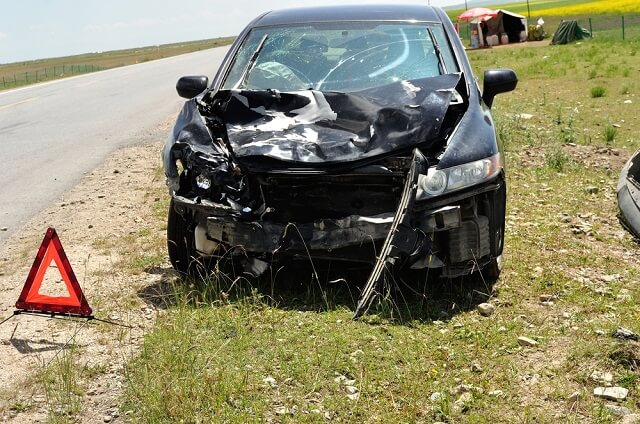In most cases, a personal injury settlement from a car accident is not taxable. However, that does not apply to all cases. Instead, it depends on the type of lawsuit settlement and the nature of the funds.
It is imperative that you discuss tax concerns with your injury attorney and tax specialist. Only they can review your financial situation and determine if your judgment is subject to state or federal taxation.
The Settlement Stage Makes No Difference
No matter at what point of the process you settle, the rules are the same. Therefore, you could receive money through a settlement negotiation with the insurance company, or in a judgment following a trial.
When Do You Pay Taxes on a Settlement?
In the Internal Revenue Service (IRS) regulations, the question regarding taxable amounts of settlements is governed by 26 C.F.R.1. In Section 1.104-1 it explains that compensation for injuries or sickness, damages arising from physical injuries, and medical payments associated with such physical injuries are not considered taxable income.
However, that same section makes it clear that damages resulting from claims of emotional damages do not qualify for non-taxable income. If, however, the emotional damages stem from a physical injury or are directly attributed to that physical harm, they also remain free from taxes.
Settlement for Medical Expenses and Physical Injuries
Most settlements in personal injury cases are compensatory damages or general damages. These categories mean that you receive direct compensation for your medical expenses, lost wages, and any associated pain and suffering. All these forms of compensation arise directly from the physical injuries you sustain in the accident.
When you receive funds for a general settlement, including those for physical injuries and associated medical expenses, most of that settlement is not subjected to taxes. This is because you are receiving a direct reimbursement for your out-of-pocket costs related to the accident.
What Funds Received for Vehicle or Property Damage?
Compensation you receive for vehicle damage or any property damaged in an accident is also not subject to income tax. Again, you are receiving a reimbursement for your out-of-pocket losses. Also, if you have repair costs tied into your settlement, these are still considered payments and not taxable.
Compensation for Lost Wages or Future Lost Wages
In general, lost wages and loss of future wages are subject to income tax, because you would usually be taxed on such income anyway. So, any compensation you receive to replace your lost income should be taxed by the IRS as well as your state’s tax authority.
If you receive compensation for other losses, in addition to the lost wages, such as your medical costs, you will only pay taxes on the portion related to income and future income.
Were you or a loved one injured in an accident?
The law offices of Brian D. Guralnick help Florida residents and tourists seek compensation and Demand More? for their injuries.
Punitive Damages: The Exception to the Rule
Most personal injury claims do not see punitive damages. If your case is one of those rare instances where you are awarded punitive damages, the punitive damages are not considered reimbursements. In general, punitive damages are used to punish the defendant for their gross negligence or malicious acts; therefore, the IRS and state tax authority do not consider it a non-taxable settlement.
If you receive punitive damages, you will pay taxes on the punitive damage amount you receive.
Consult Your Injury Attorney to Explore Your Options for Settlement and Taxes
A personal injury advocate will provide you with information what portions of your settlement might encounter taxes. Also, you should consult with a tax professional. Your attorney likely knows a local tax professional who can better help with any concerns related to taxes.
For your injury case, turn to the knowledgeable, compassionate advocates at Brian D. Guralnick Injury Lawyers. Our team is here in your time of need, and we work to ensure our clients receive a fair settlement for their injuries. To get started, call our office or send a message online.
All our consultations are free, no-obligation, and confidential.

